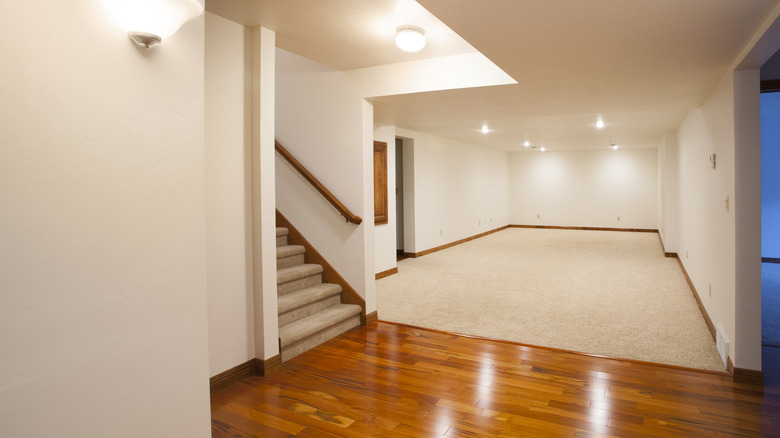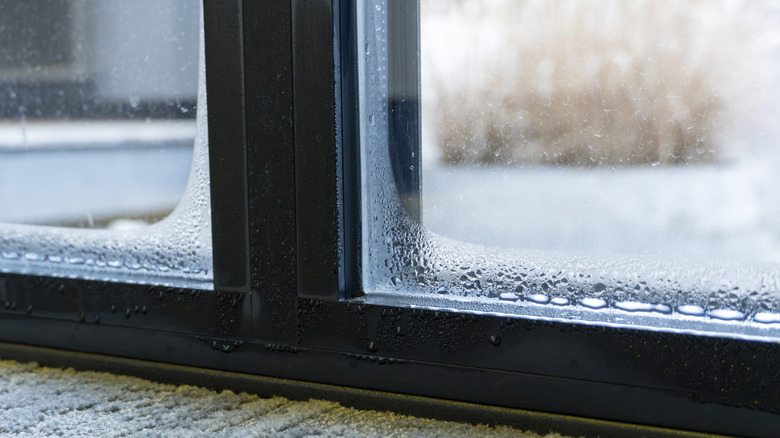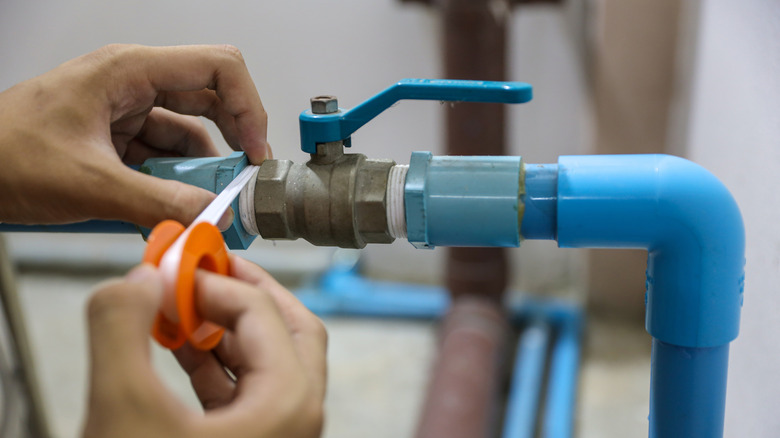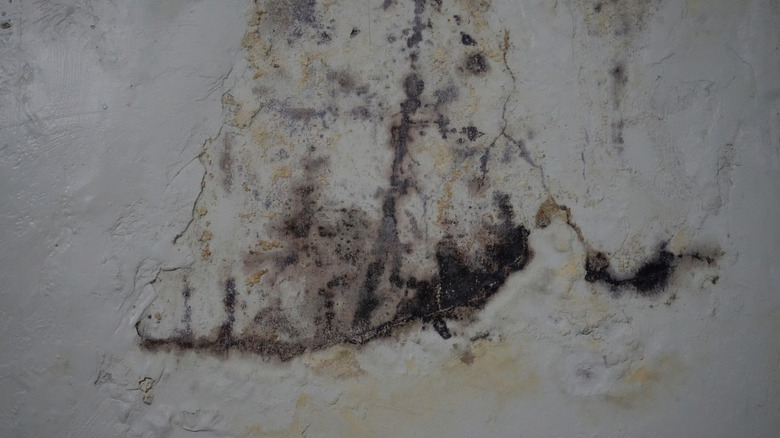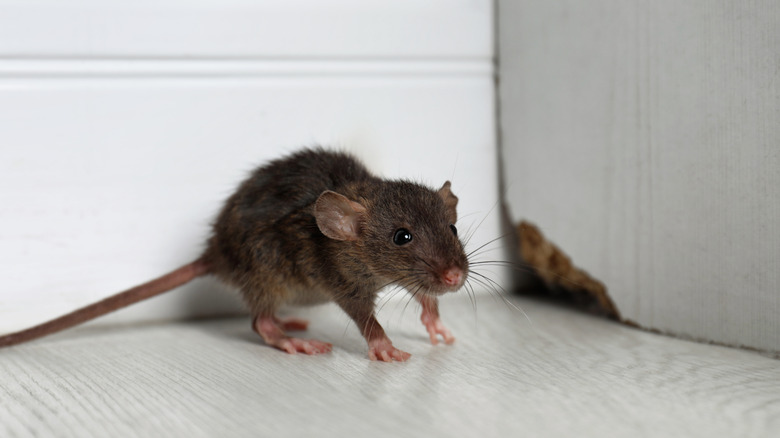Why Does My Finished Basement Smell Musty? Hidden Reasons Behind Those Foul Odors
Adding a finished basement can boost your home's value and provide you with more functional square footage. However, with it potentially costing several thousands of dollars to do so, the last thing you want is to walk downstairs only to be met with a foul, musty odor. While it may seem that those unpleasant smells are reserved for unfinished basements, there are also several reasons that your finished basement may smell musty.
Sometimes, a musty scent could come from certain items in your basement. If you're using your finished basement for storage, clothes left in boxes or old upholstery can develop an odor over time. Even dust can build up and trap odor in your home. However, if handling these common interior odor causes isn't enough to leave your basement smelling fresh, you may need to investigate other potential causes behind a funky scent in your basement. This includes those hidden odor sources you may not initially see or think of, like excess moisture or pest infestations.
If you're not sure where to start, below is a curated list of seven common causes of a musty smell in a basement. Some of these may be more uncommon in a finished basement, especially when all the right steps were taken during the construction process, but they're still worth considering if you can't shake the smell. If you're having trouble finding the cause, a professional may be able to help identify and tackle the problem.
Exterior moisture entering
One of the top causes of an unpleasant smell is excess moisture. Because your basement is often underground, it stays a bit cooler than the rest of your home. This means that when the warmer, more humid air of your home makes its way downstairs, it can condense. While not as common in a finished basement, especially one recently renovated and inspected, foundation cracks or unsealed windows may also let moisture in, which could require the help of a professional. Using a dehumidifier can help get rid of extra moisture to keep the smell from hanging around
Plumbing leaks
Even after you finish your basement, there's a lot that goes on behind the walls. This includes pipes for plumbing. If you're not up for the loft-style look with exposed brick and pipes, then there's a good chance that your plumbing was hidden behind the walls as you renovated your basement. While this is good for matching your aesthetic, it also means that it can be easy for leaks to go unnoticed. If you believe plumbing leaks are behind the musty smell in your basement, you may need to contact a plumber about accessing and inspecting the pipes.
Mildew
There are two different types of fungus that are common in your home, and mildew is one of them. Although often seen as less aggressive mold, mildew can easily create a stale smell that makes spending time in your basement uncomfortable. Fortunately, in most cases, you can remove mildew by creating a targeted cleaning routine. This means switching to cleaning products designed with mildew in mind and cleaning more frequently. Addressing issues with moisture can also help with mildew problems, since it's commonly seen in wet spaces.
Mold
On the other hand, dealing with mold can be a bit more complicated. Mold exposure can result in health problems, from mild allergy symptoms to full-blown severe reactions. As a result, addressing this potential cause of odor in the right way can be an important part of enjoying your space. If some deep digging reveals mold as the culprit behind your finished basement's musty smell, you may want to leave this problem up to the professionals for a fast, safe removal to keep the problem from returning.
Wood rot
If you've recently finished your basement, you likely won't see wood rot as the cause behind that unpleasant smell. However, if you've had your basement finished for a while, it may be a potential cause worth digging into. Like many other reasons for a musty smell in your finished basement, wood rot is often the result of excessive moisture. When the wooden support beams of your home are exposed to too much moisture, they can begin to decay and break down.
Pest infestations
Investing in a renovated basement isn't a small milestone, even if you took a DIY route for your dream finished basement. As a result, you likely don't want to think about sharing your space with uninvited critters. Unfortunately, the truth is that pests can be a big part of unwanted smells in your basement. At first glance, the animals themselves, plus their droppings, can contribute to smells. However, some insects are also drawn to moist areas, and if you're dealing with a pest like termites, it can lead to a cycle of worsening damage.
Poor airflow
While the above potential causes may seem daunting, there is another possible culprit behind your basement's smell that can be readily solved with proper ventilation. Even in a finished basement, you may be left with poor airflow. This is especially true if you don't use the space often. Over time, the air can grow stagnant and stale, which may lead to problems like mildew or mold. Fortunately, in many cases, dealing with poor airflow is as simple as opening windows if possible or adding fans to keep air moving throughout the space.
